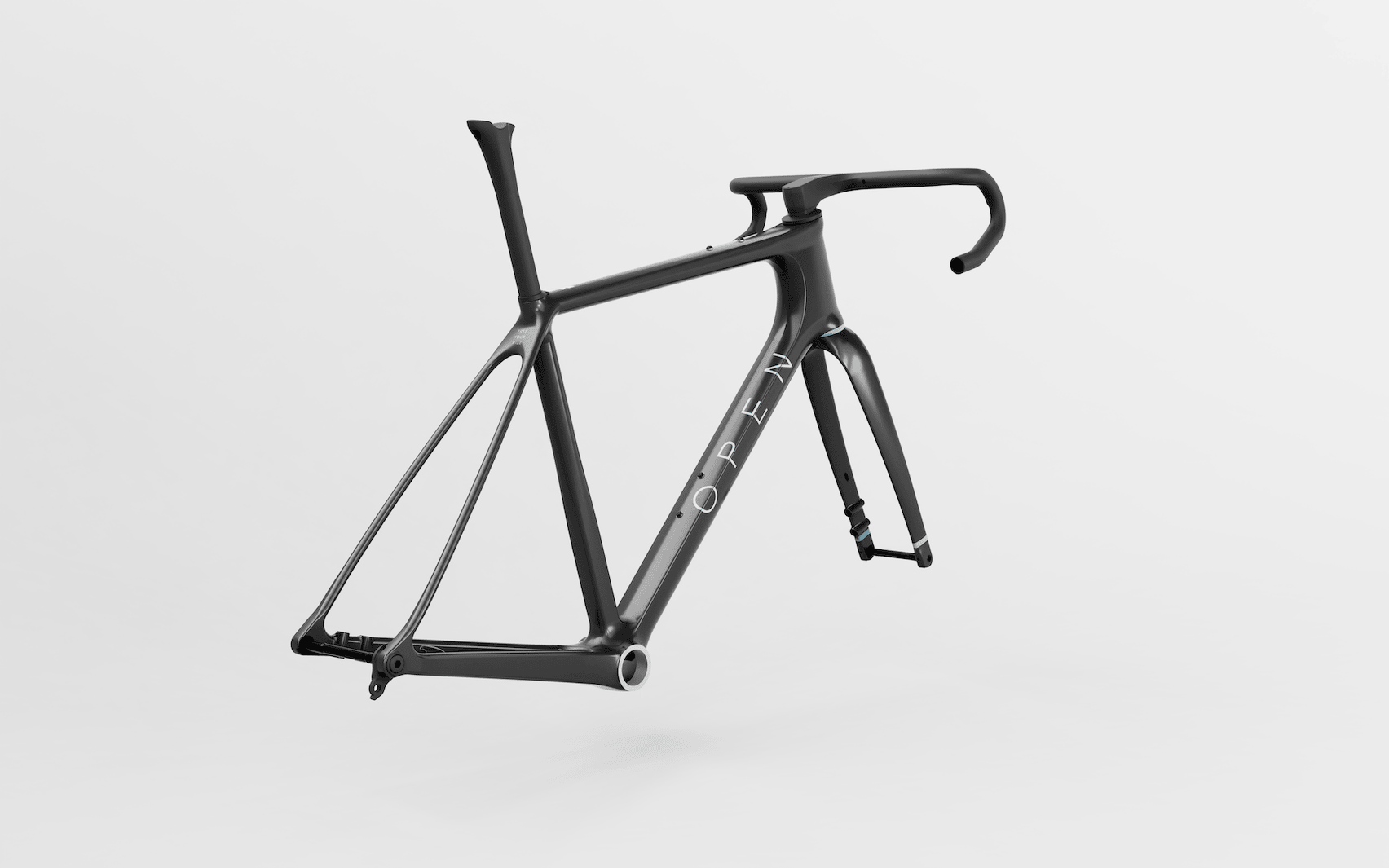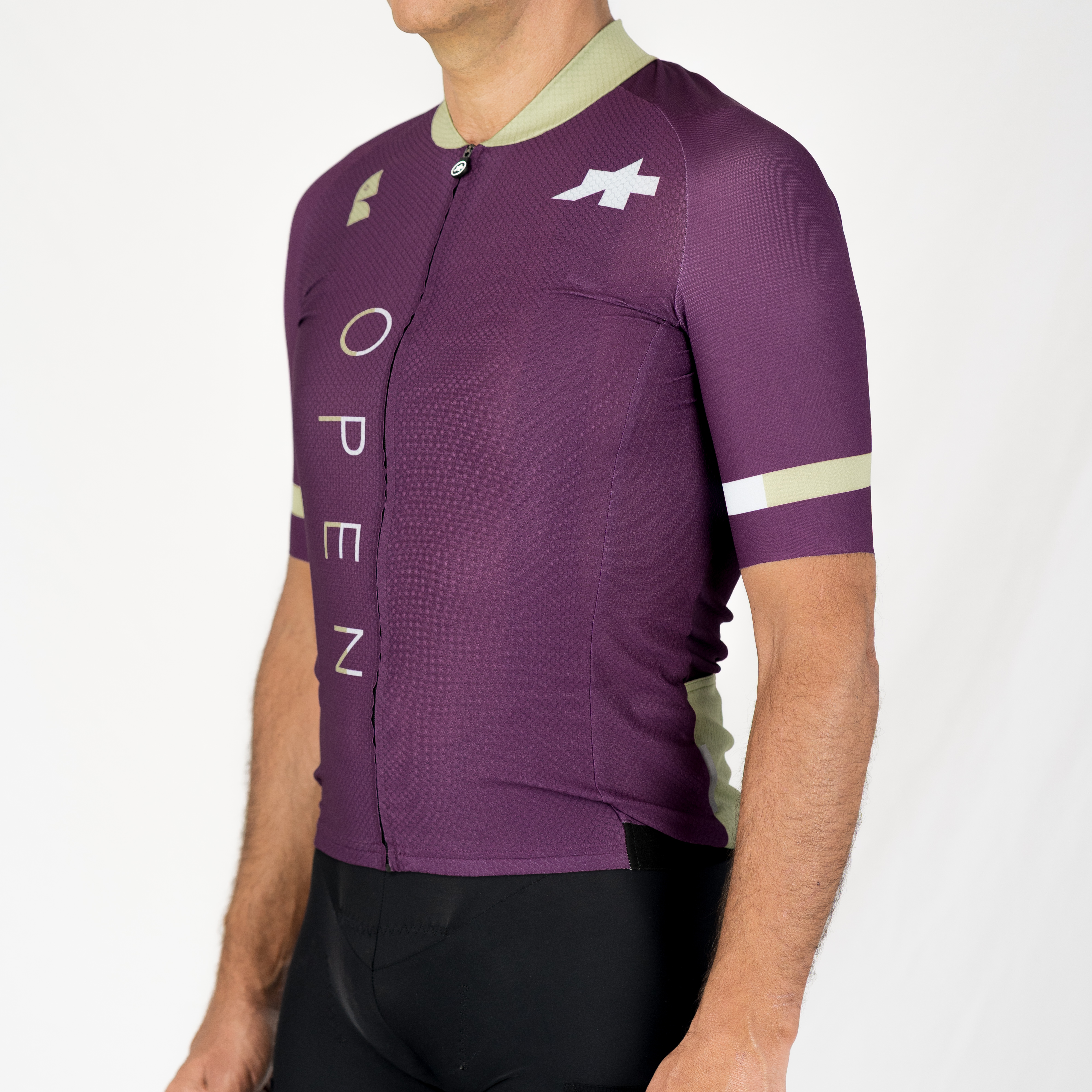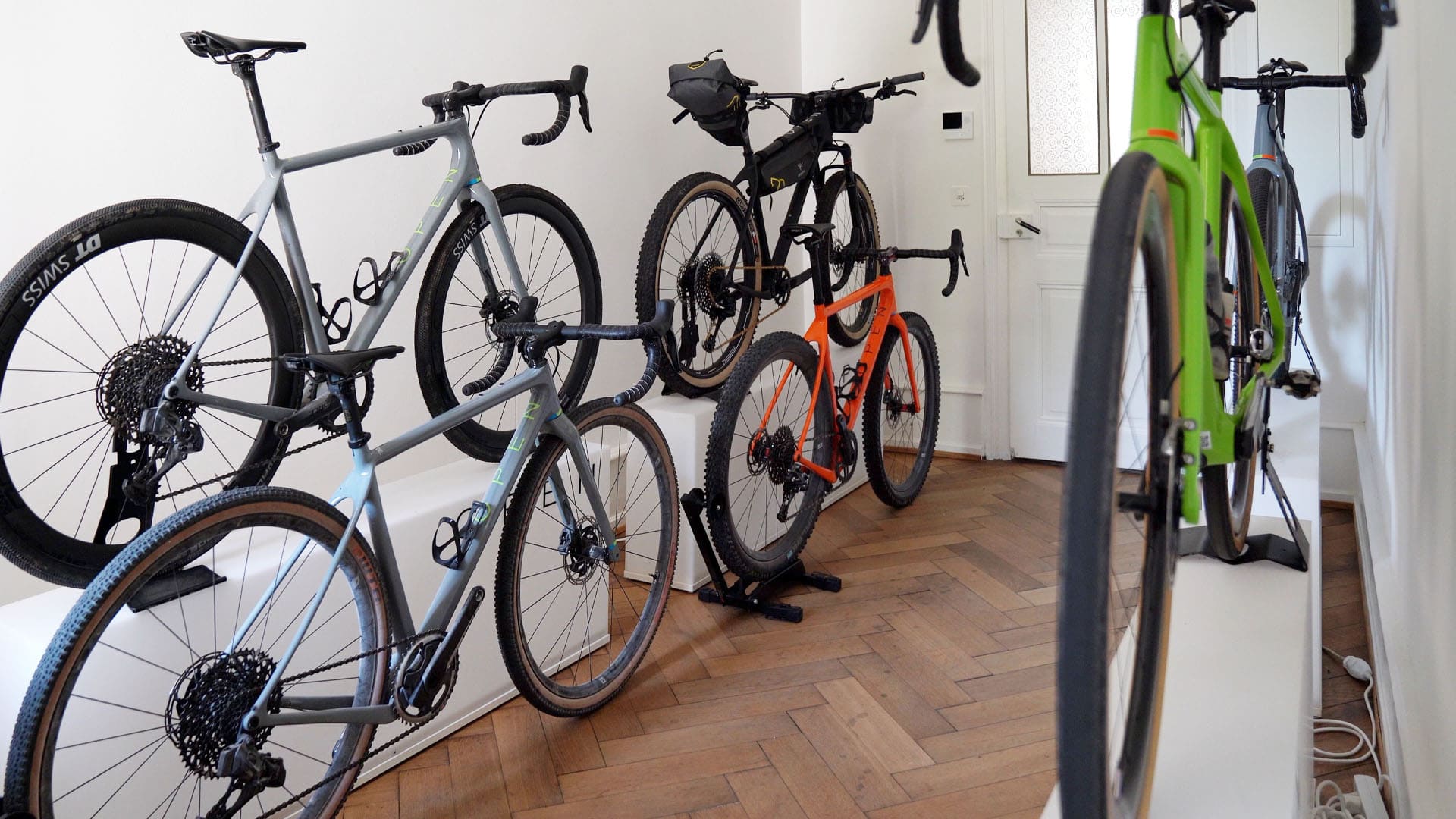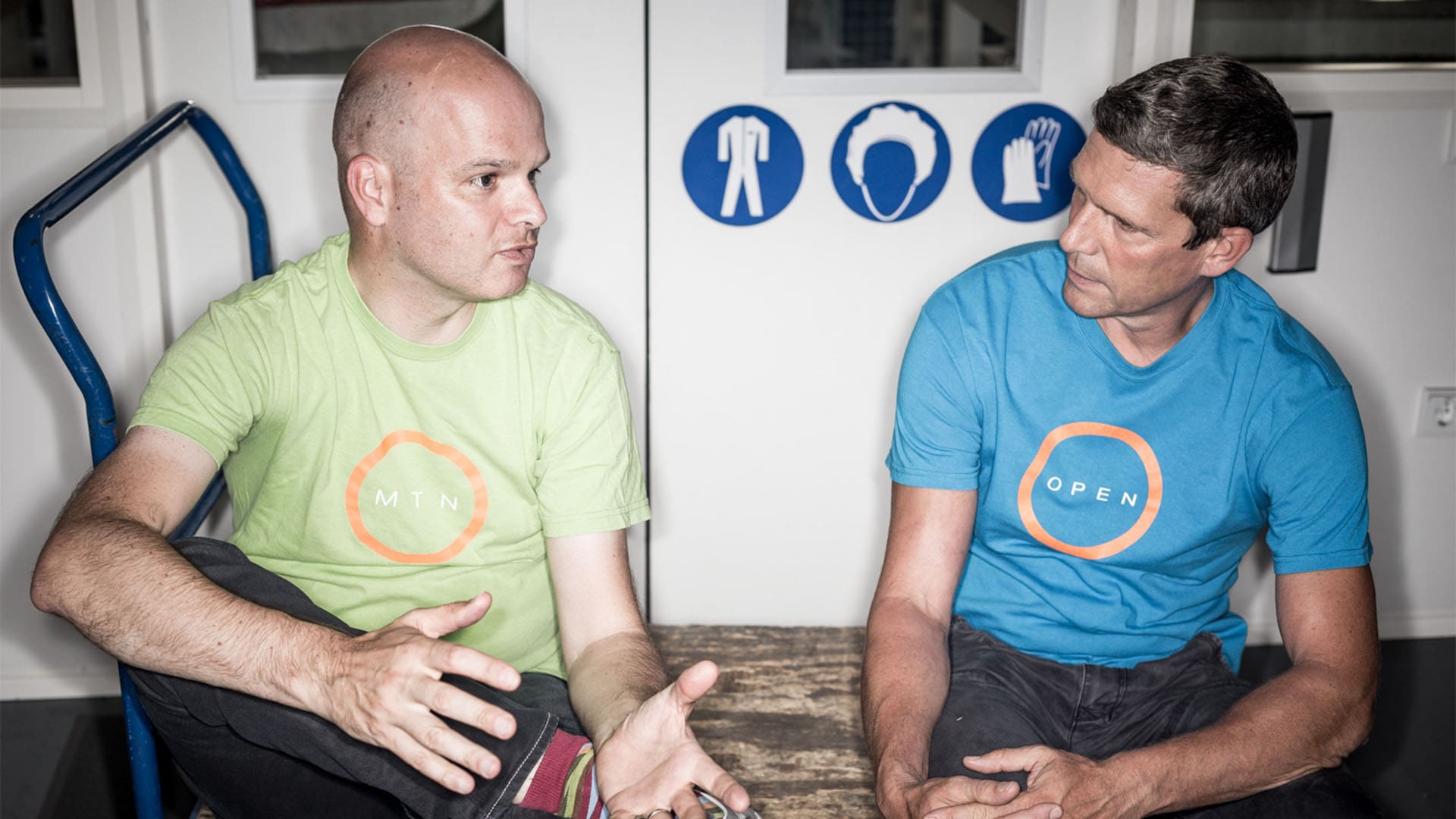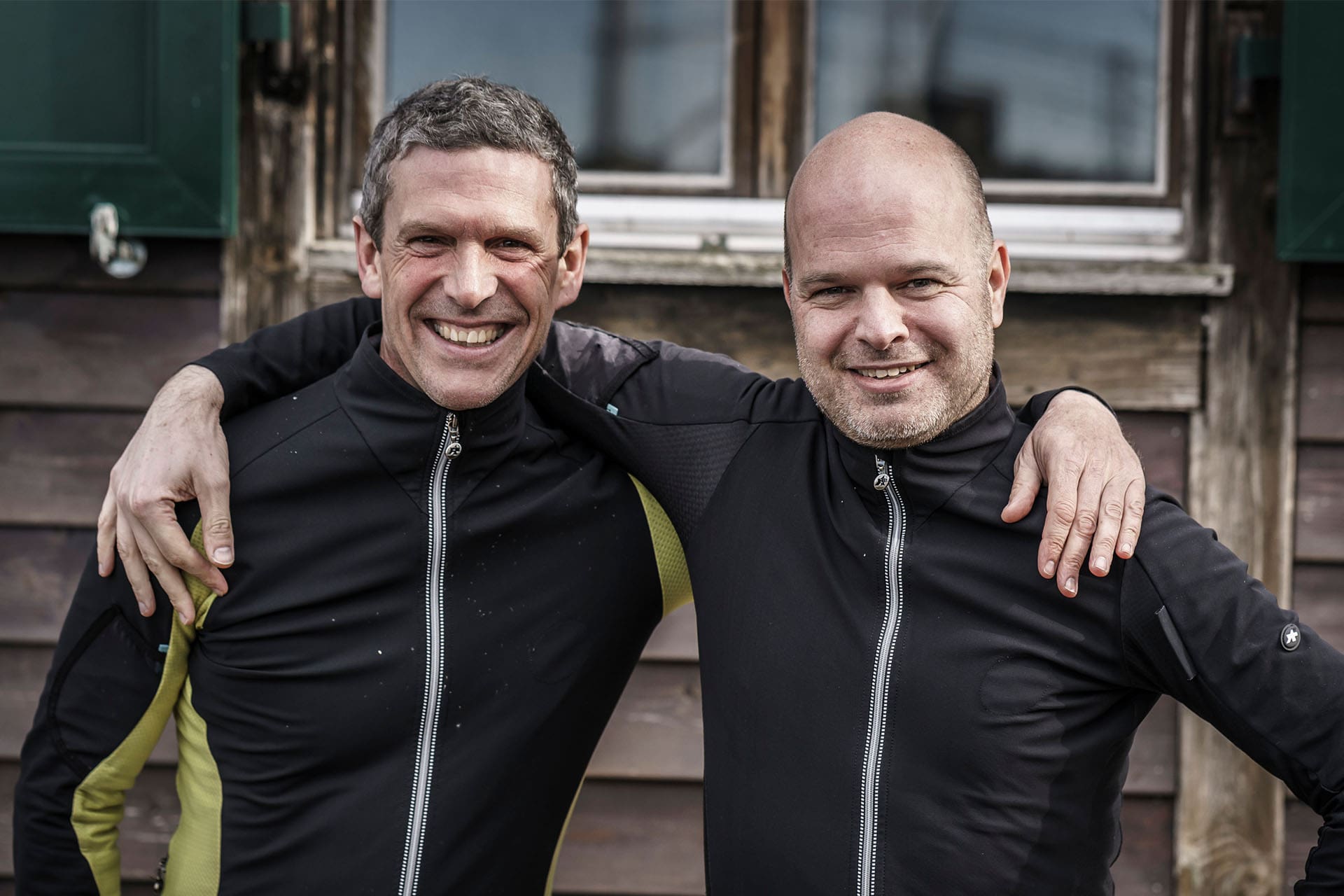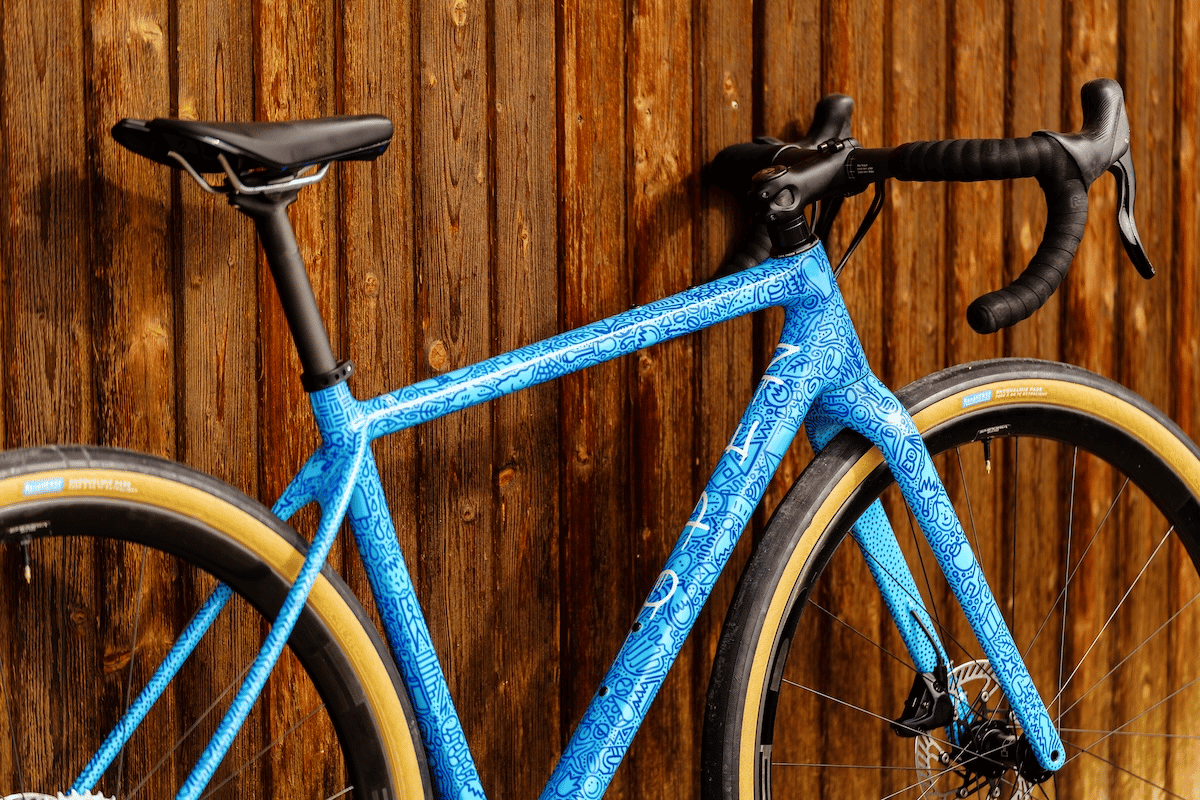Online store
09. Jan ’17
General
If you've been to our site lately, you may have noticed we now have an online store. Which reminds me of when we started setting up our European office in Switzerland with Cervélo ten years ago. A few of the Canadians came over and we hired a few Swiss people.
I won't say that the Swiss don't have humor, but let's say it's less common. I remember many occasions where I would make a quip, only to be taken seriously and watch the whole discussion go on a crazy tangent. Anyway, our first supply chain manager was particularly humorless (our second one was fantastic, just in case you're reading).
At one point she suggested we put our inventory online so all the stores could see what we have, and one of the Canadians said "This internet thing, I think it's a fad, I don't think it will ever take off". Obviously a joke, but the supply chain manager proceeded to "defend" the internet and sell its virtues. "Nah", said the Canadian, "I don't think so, next you're going to tell me that some day people are going to buy products directly on the internet." "But they already do, I bought a plane ticket online the other day", the supply chain manager exclaimed in complete exasperation, "they do!" "No, I don't think so", "Yes, really" .... This seriously went on for five minutes. Shame on me as a manager to let it continue but I was just flabbergasted. And of course, it is just one more example why the OPEN route - small, simple, no employees - is much more suitable to me.

Anyway, ten years later, it seems the internet is not a fad and we introduce an online store. The reason behind it is twofold:
The first reason is generic and philosophical: It's not the companies but the customer who decides where to buy. That doesn't mean companies have to offer their wares everywhere, but it's slightly patronising to tell the customer where they should buy. So in my opinion, a company should offer the options that make sense (Walmart does not make sense to us) and then the customer can decide (and if that customer insists on buying a bike at Walmart, it simply won't be an OPEN and both sides should be OK with that).
What is important is that between the channels that the company chooses, it doesn't play favorites. Don't try to move customers to your own stores at the expense of your 3rd party retailers, don't push from physical store to webshop, etc. The brand should be "channel-agnostic" as Patagonia, the responsible apparel company that pioneered much of this, calls it. After all, the customer decides.
The second reason is very specific to OPEN: We cannot have more bike shops than Andy (a Swiss guy WITH a sense of humor) can service, which means there are lots of consumers on this planet who don't find themselves anywhere near an OPEN retailer. These people contact us already, and we help them decide what's best for them, which model, which size, which options, etc.
Then we either connect them to a bike shop that is at least in the same country or state, or if that doesn't work for some reason (because there is none, or because they have had bad experience with that shop, or whatever other reason), we sell to them direct. But this is a cumbersome process, especially the payment part. By having the online store, we can do this much more easily.
As an aside, people sometimes ask us why we can't ship to their local, non-OPEN store. There are a bunch of reasons for that, most of them related again to using our time efficiently (setting up a store for a single order is a lot more cumbersome than selling a single order to a consumer).
Anyway, when you use the online store to purchase a frame, you will notice it will ask you if you would like to have it shipped to one of our retailers or directly to you. It's up to you (channel agnostic!) and if that option is feasible for you, shipping via one of our retailers is likely the best choice for service, bike fit, bike assembly, etc.
"Oh, but you don't really mean that Gerard", I can hear some of you say. "In the end, you'd like to make the sale and the extra margin." While that is for sure a common thought, it really isn't a thought Andy and I are having for four reasons:
And yes, unless we forget, we'll turn off the online store on Black Friday so everybody, Andy and I included, can go ride instead. For those (mostly non-Americans) who are not sure what this is all about, check out #optoutside.
I won't say that the Swiss don't have humor, but let's say it's less common. I remember many occasions where I would make a quip, only to be taken seriously and watch the whole discussion go on a crazy tangent. Anyway, our first supply chain manager was particularly humorless (our second one was fantastic, just in case you're reading).
At one point she suggested we put our inventory online so all the stores could see what we have, and one of the Canadians said "This internet thing, I think it's a fad, I don't think it will ever take off". Obviously a joke, but the supply chain manager proceeded to "defend" the internet and sell its virtues. "Nah", said the Canadian, "I don't think so, next you're going to tell me that some day people are going to buy products directly on the internet." "But they already do, I bought a plane ticket online the other day", the supply chain manager exclaimed in complete exasperation, "they do!" "No, I don't think so", "Yes, really" .... This seriously went on for five minutes. Shame on me as a manager to let it continue but I was just flabbergasted. And of course, it is just one more example why the OPEN route - small, simple, no employees - is much more suitable to me.

Anyway, ten years later, it seems the internet is not a fad and we introduce an online store. The reason behind it is twofold:
The first reason is generic and philosophical: It's not the companies but the customer who decides where to buy. That doesn't mean companies have to offer their wares everywhere, but it's slightly patronising to tell the customer where they should buy. So in my opinion, a company should offer the options that make sense (Walmart does not make sense to us) and then the customer can decide (and if that customer insists on buying a bike at Walmart, it simply won't be an OPEN and both sides should be OK with that).
What is important is that between the channels that the company chooses, it doesn't play favorites. Don't try to move customers to your own stores at the expense of your 3rd party retailers, don't push from physical store to webshop, etc. The brand should be "channel-agnostic" as Patagonia, the responsible apparel company that pioneered much of this, calls it. After all, the customer decides.
The second reason is very specific to OPEN: We cannot have more bike shops than Andy (a Swiss guy WITH a sense of humor) can service, which means there are lots of consumers on this planet who don't find themselves anywhere near an OPEN retailer. These people contact us already, and we help them decide what's best for them, which model, which size, which options, etc.
Then we either connect them to a bike shop that is at least in the same country or state, or if that doesn't work for some reason (because there is none, or because they have had bad experience with that shop, or whatever other reason), we sell to them direct. But this is a cumbersome process, especially the payment part. By having the online store, we can do this much more easily.
As an aside, people sometimes ask us why we can't ship to their local, non-OPEN store. There are a bunch of reasons for that, most of them related again to using our time efficiently (setting up a store for a single order is a lot more cumbersome than selling a single order to a consumer).
Anyway, when you use the online store to purchase a frame, you will notice it will ask you if you would like to have it shipped to one of our retailers or directly to you. It's up to you (channel agnostic!) and if that option is feasible for you, shipping via one of our retailers is likely the best choice for service, bike fit, bike assembly, etc.
"Oh, but you don't really mean that Gerard", I can hear some of you say. "In the end, you'd like to make the sale and the extra margin." While that is for sure a common thought, it really isn't a thought Andy and I are having for four reasons:
- We're already big enough, so we don't need to grow.
- OPEN retailers are a crucial element to our success. There are stores who really get behind OPEN, have demo bikes and educate our customers. They are fantastic representatives at the local level in a way that Andy and I never could be via email and Skype. Of course not every store falls into that category (yet), the Pareto rule applies here as well, but we continually work on getting better and better (as opposed to more and more) dealers.
- This extra margin also brings extra costs. I always ask brands who talk to me about going direct-to-consumer one simple question: "Do many of your retailers drive a Ferrari"? Of course the answer is no, so apparently there's not too much profit on the retail side. "But that's because they have a building, etc, etc". True, but even if you look at the pure direct-to-consumer brands, even the bigger ones, their profit margins are pretty thin. They don't drive a Ferrari either.
- Selling direct instead of via a retailer costs time. And for Andy and I, time is our most valuable commodity (or to be exact, focus is our most valuable commodity, and direct sales are a killer for that too as they are very disruptive to our everyday work). So if a retailer saves us even a little bit of time, it's worth every penny of the margin he/she makes.
And yes, unless we forget, we'll turn off the online store on Black Friday so everybody, Andy and I included, can go ride instead. For those (mostly non-Americans) who are not sure what this is all about, check out #optoutside.

